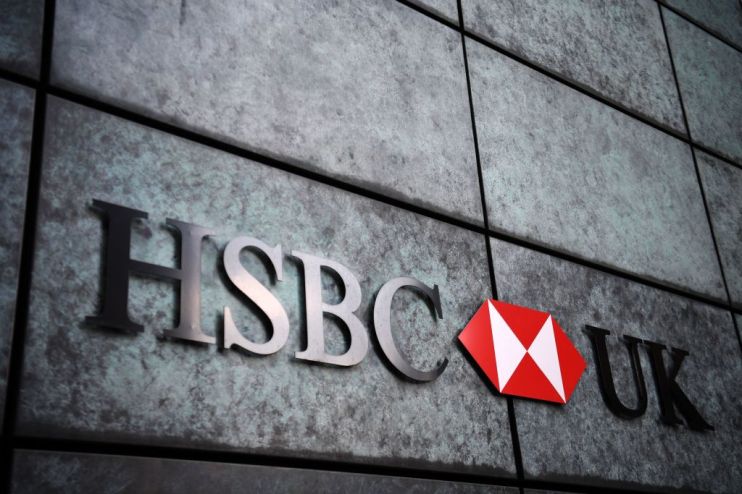HSBC launches $2bn share buyback after rising rates helps bank beat expectations

HSBC launched a new $2bn (£1.56bn) share buyback programme after comfortably beating expectations in the second quarter.
In the three months to June, pretax profit hit $8.8bn (£6.86bn) – over $4bn higher than last year and surpassing the $8bn predicted by analysts.
The strong performance reflected the impact of rising interest rates around the world which helped revenue rise to $16.7bn. There were particularly strong performances in its commercial banking and its wealth and personal banking segments.
Its net interest margin was 1.72 per cent, up three basis points compared with the first quarter. HSBC lifted its full year net interest income guidance to over $35bn and upgraded its forecast for its return on tangible equity, a key measure of profitability.
Will Howlett, equity research analyst at Quilter Cheviot: “Banks are beginning to be squeezed by governments and regulators to pass on higher interest rates to depositors, and this means net interest margins for many have likely peaked”
“For HSBC, however, it has large operations outside the UK, where the pressure isn’t so great due to more limited competition. So while the net interest margin will have peaked, it won’t have to fall quite so much as its listed peers,” Howlett continued.
HSBC also announced an interim dividend of 10 cents per share, up from nine cents last year. Its shares were up 2.1 per cent in early trading.
Chief executive Noel Quinn said: “There was good broad-based profit generation around the world, higher revenue in our global businesses driven by strong net interest income, and continued tight cost control.”
HSBC had to increase its provisions for credit losses to $900m, with $300m set aside to cover the commercial real estate sector in China and $300m in the UK, mainly in commercial banking.
Quinn said the bank was keeping and close eye on the economic situation in the UK but said “we have seen limited signs of stress in the mortgage book”.
The results are the first since HSBC successfully fought off a campaign led by its largest shareholder Ping An to demerge the bank’s Chinese business.
Quinn said the vote at company’s AGM earlier this year was a “conclusive and decisive outcome as a vote”. He said “we’ve moved on from there we are now very much focused on performance”.
Although Ping An’s campaign was unsuccessful, HSBC recently unveiled plans to bolster revenue in its Asia business. It hopes to boost revenue by up to nine per cent in its Asian wealth business over the next three to four years.
Finance chief Georges Elhedery said in a recent interview that HSBC is reviewing exists from as many as a dozen countries in order to concentrate on its Asia business.
It has withdrawn or is in the process of withdrawing from Canada, Russia and Greece. It is also attempting to extricate itself from its French retail business, a process which faced delays as rising interest rates forced the buyer, Cerberus, to stump up more cash.
Discussing the results, Quinn said “if you take anything from today’s results, its that our strategy is working”.
HSBC’s results follow reports from Lloyds, Natwest and Barclays last week. Although the three high street lenders reported significant profits, they warned that changing customer behaviour may increasingly weigh on performance for the rest of the year.